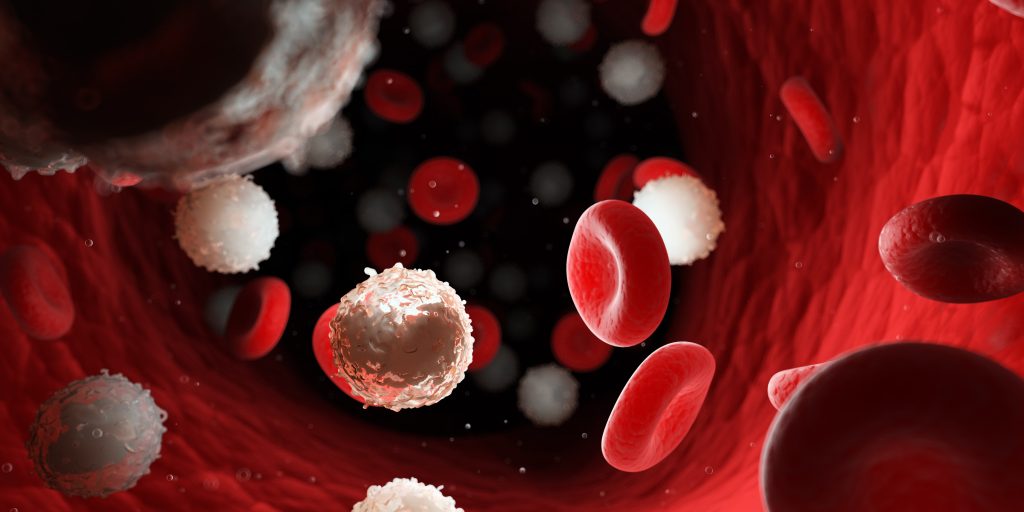Promising advances in leukemia research have ushered in a wave of optimism for both patients and doctors, offering new hope in the fight against this devastating disease. Leukemia, a type of cancer that affects the blood and bone marrow, has historically been a challenging condition to treat. However, recent breakthroughs in understanding its genetic and molecular underpinnings have opened up exciting avenues for targeted therapies. One of the most notable developments is the advent of precision medicine, which tailors treatment to an individual’s specific genetic profile. This approach has shown remarkable success in identifying mutations that drive leukemia and in developing drugs to target them. Additionally, the field of immunotherapy has made significant strides, with groundbreaking therapies like CAR-T cell therapy demonstrating remarkable efficacy in certain leukemia subtypes. These innovations offer renewed hope for patients who may have previously faced limited treatment options.
The development of novel therapies is not the only source of optimism; advances in early detection and monitoring have also made significant headway. Improved diagnostic tools and biomarkers enable healthcare providers to identify leukemia at its earliest stages, enhancing the chances of successful treatment. Moreover, the development of liquid biopsies has revolutionized the way doctors can track disease progression and treatment response, allowing for more precise and timely interventions. Collaborative efforts in the research community have played a crucial role in these advancements. Large-scale international collaborations and data sharing initiatives have accelerated the pace of discovery, fostering a sense of optimism that breakthroughs are within reach. Additionally, the role of patient advocacy groups and their efforts to raise awareness and funding have been instrumental in supporting leukemia research. Patients themselves have become more engaged in their care, seeking out clinical trials and participating in research to advance our understanding of the disease.

While optimism abounds, challenges remain visit https://healthyator.com/leukemia-types-symptoms-chemotherapy. Resistance to treatment and the development of new mutations are persistent obstacles in leukemia therapy, necessitating ongoing research to stay ahead of the disease. Additionally, the high cost of some cutting-edge treatments presents a barrier to access for some patients, highlighting the importance of continued efforts to make these therapies more widely available. In conclusion, promising advances in leukemia research have kindled a sense of hope for both patients and doctors. The combination of precision medicine, immunotherapy, early detection, and collaborative research efforts has transformed the landscape of leukemia treatment. These breakthroughs offer not only new treatment options but also the prospect of better outcomes and improved quality of life for those affected by this disease. With continued dedication and innovation, the future holds the promise of further progress in the fight against leukemia, giving patients and doctors reason to be optimistic about the road ahead.